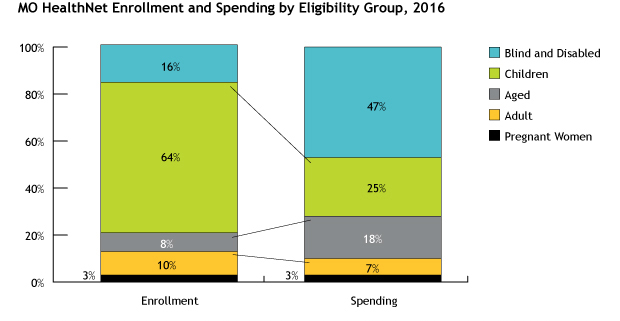We live in unusually contentious times in our country. Our fundamental social compact – the mutually beneficial agreement on how we will live and interact with others – is being questioned:
- Who is in and who is not?
- Who can get in and why?
- Are we willing to treat each other fairly and with respect even when we come from different groups?
- How do we respond when large segments of our fellow citizens have been systematically disadvantaged – whether through institutional racism or economic and health care policies that have fueled rising mortality among whites, described as “deaths of despair?”
- What kind of country do we want to live in? Are we comfortable living in a place that does not work to lift up those who have fallen through the cracks; those who are isolated or in need of food, shelter, and/or care?
These are vital questions for our neighborhoods, cities, states, and country. All of us have a stake in how they will be answered, and all of us should participate in developing those answers. Of high priority now for the health of Missourians is the fraying safety net. The safety net is wide and essential, and even if we don’t benefit directly from one of its many pieces, we are all much better off as a society for having it.
Missouri’s safety net provides for people with basic needs for food, shelter, health care, and living expenses. As you can see in our recently published fact sheet, it is a patchwork quilt of supports and services provided by local agencies and nonprofits, funded via numerous federal and state programs, from Medicare and Medicaid to Supplemental Nutrition, Supplemental Security Income, Social Security, WIC, and the Earned Income Tax Credit.

Missourians see the large scale of the problems in their communities – the opioid epidemic, low wages, illnesses, disabilities, homelessness, hunger – and understand that government must tackle these challenges because they are too big for local institutions alone to handle. Government is the instrument of our societal compact; safety net programs reflect the values of mutual care and support engrained in our nation’s character.
Nevertheless, even as the bulk of finances for the safety net come from federal and state sources, communities themselves play a crucial role as well. They provide financial and volunteer support, and they are the places where people get help. We all know someone who has benefited from the local assistance of food pantries, after-school programs, churches, county health departments, job training programs, or health clinics, demonstrating that the safety net is woven deeply into the fabric of our cities and towns.
Our country was built on the fundamental ideals of inclusiveness, openness, fairness, mutual respect, and care. While Americans have always valued personal independence, helping those who have fallen on hard times is also a core part of who we are. We have improved over centuries in living up to our ideals, and our safety net embodies them. With an average of one in three Americans spending at least one year in poverty by the time they turn 60, many of us have or will need assistance ourselves.
Today, many components of our safety net are stressed and under future threats. Reduced funding for programs will harm the ability of local institutions to provide services and will damage the lives of people they serve. Perhaps more profoundly, we run the risk of losing the bonds that help our communities work for all of us. These bonds tie us together, and the time is right to affirm the values that undergird our safety net institutions. Overwhelmingly, people in Missouri embrace these principles. The fundamental challenge is working with our elected officials to align our governmental action with these values. Affirming our social compact is the first step in strengthening Missouri’s safety net. Beyond that, work needs to be done to update the system for the 21st Century. Together we must turn the current discouragement and frustration felt by too many of our fellow citizens into widespread expectations for an optimistic and productive future.



